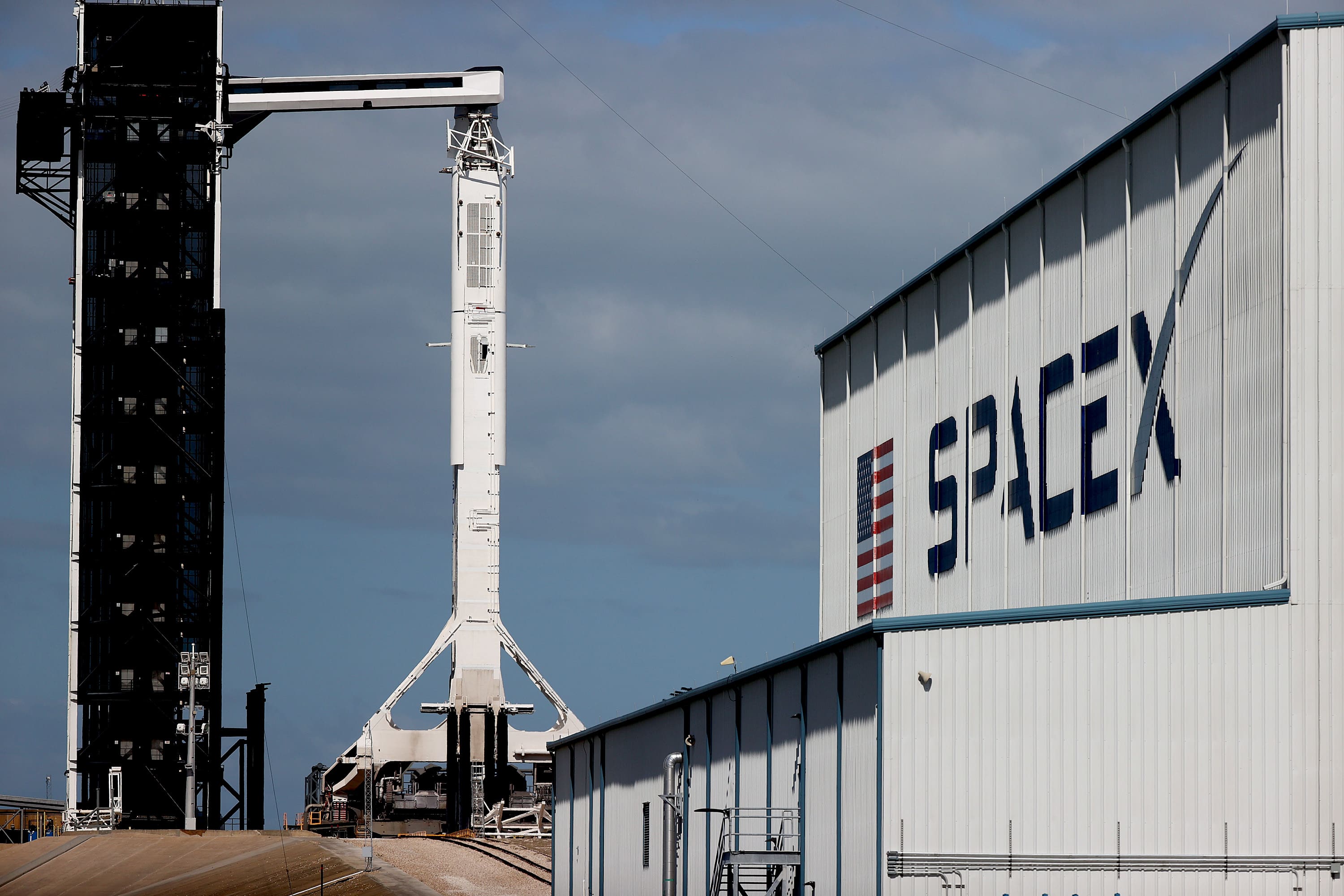The leadership of SpaceX’s rocket business has been shaken up, CNBC has learned, as two vice presidents have parted with the company.
The changes arrive with Elon Musk’s space company now the leading U.S. rocket builder with its Falcon 9 and Falcon Heavy vehicles. The company is also investing heavily in the development of its next-generation Starship rocket.
SpaceX vice president of propulsion Will Heltsley has left, multiple people familiar with the situation told CNBC, having been with the company since 2009. Those people said Heltsley was taken off Raptor engine development due to a lack of progress. The Raptor engines power SpaceX’s Starship rocket and Super Heavy boosters.
Heltsley’s departure demonstrates the intense pressure on the engine’s development, given the key role it plays in Starship’s success. The company has successfully performed a multitude of test firings and flights with Raptor, steadily improving the engine. Musk recently said that a second generation of the Raptor engine “has significant improvements in every way.”
“But a complete design overhaul is necessary for the engine that can actually make life multiplanetary. It won’t be called Raptor,” Musk said in a Tweet on Nov. 16.
SpaceX’s Jacob McKenzie, who has been with the company for more than six years, is now leading Raptor engine development and production, sources said.
Lee Rosen, SpaceX vice president of mission and launch operations, left last week, people said, as well as Ricky Lim, senior director of mission and launch operations. Rosen had been with SpaceX since 2013, while Lim joined the company in 2008.
SpaceX did not respond to CNBC’s request for comment on the leadership changes.
A handful of other long-time employees left after SpaceX closed its purchase offer on Friday, timing which people familiar with the matter indicated was in part tied to employees’ stock vesting schedules. While SpaceX did not raise new capital in the secondary sale, the round was done at $560 a share – increasing the company’s valuation to $100.3 billion.
SpaceX has had a banner year: The company has launched 25 successful Falcon 9 missions, carried 12 astronauts to orbit with its Dragon capsules, grown its Starlink satellite internet service to about 140,000 users, and continued to make progress with Starship.
Musk last week said SpaceX will “hopefully” launch its first orbital Starship flight in January or February, which represents the next major milestone in the rocket’s development. That launch is pending regulatory approval by the FAA, as well as technical readiness.
